According to an American career statistic, DevOps Engineer is ranked 2nd in the top 50 best jobs. More and more IT engineers follow this path because of high remuneration as well as open work paths. To be able to step into becoming a DevOps Engineer, we need to understand some of the following issues:
1. Who is DevOps Engineer?
DevOps simply means Dev and Ops, which is both development and operation. A DevOps Engineer is knowledgeable about the Software Development Lifecycle, fully knowledgeable to participate in and the process of developing and mastering various automated tools to apply to development processes. and operate. (CI / CD pipelines)
2. Roles and responsibilities of DevOps Engineer
- DevOps Evangelist – Is the leader responsible for deploying DevOps
- Release Manager – Release new feature and ensure the stable operation of the product.
- Automation Expert – responsible for automation and orchestration of tools.
- Software Developer / Tester – Develop and test products.
- Quality Assurance – Ensuring product quality conforms to requirement.
- Security Engineer – is the monitor, ensure product safety and performance.
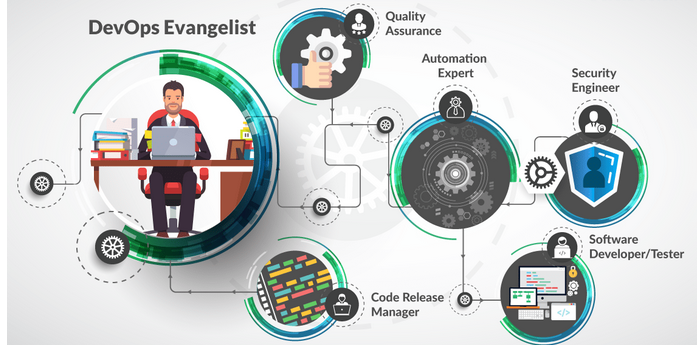
3. Who can become a DevOps Engineer?
If you are a Dev, an Ops, a QA or even a fresher, you can become a DevOps Engineer just by being passionate.
A DevOps engineer not only understands the various tools but also how to apply them in the right time.
4. How to become a DevOps Engineer? and the DevOps path
To become a DevOps you need to have some of the following background knowledge:
- Basic knowledge of Linux
- Have good practice knowledge on development, testing and deployment tools, such as (Git, Jenkins, Docker, Kubernetes, Puppet, Chef, Ansible, Nagios, Splunk, …)
- Experienced CI / CD
- Knowledge of infrastructure knowledge, system architecture and network knowledge.
- Knowledge of cloud platforms AWS, GCP, Azure, …

1. Source code management skills (VCS)
Proficient with at least one source / version control tool, preferably Git, you should have good practice knowledge of the Git workflow.
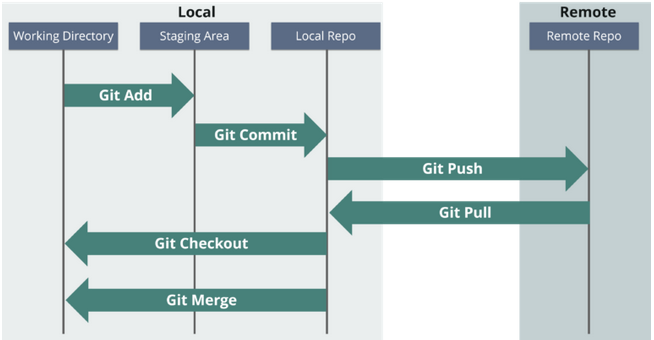
2. Learn how to integrate Builld Tools and Source Code Manager for continuous Build / Ingegration
Once you know Git, the next step is to understand how you can automate the build process, how you can continuously build the latest commits into the source code repository. Therefore, you should understand how automation servers like Jenkins work. Basically, how can you integrate Build tools like Maven with Source Control tools like Git. This process is called continuous integration ( CI ). that is the development with CI.
Example: Jenkins operation model
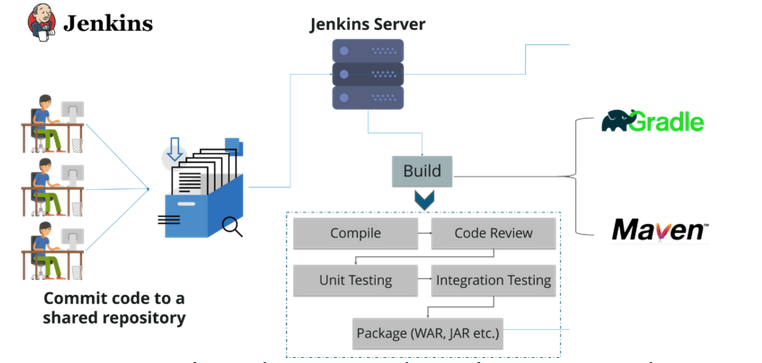
3. Learn how to seamlessly move on to the next step of Continuous Delivery for continuous testing
The next step is to learn how to automate the Test phase, as well as how to make it less complicated because most of us have faced problems like Code working well in dev environments. but it was in Test environment.
So we have to understand how to deploy the Code in the Dev environment onto the Test server. In this case it is necessary to understand how tools like Puppet, Chef, etc., you can also use Docker containers for this purpose, so Docker knowledge is required to serve well at this stage. Also, you must learn how you can continually test your code after each commit.
More integration of automation testing tools such as Selenium and Jenkins is required. This is called a CD (Continuous Delivery).
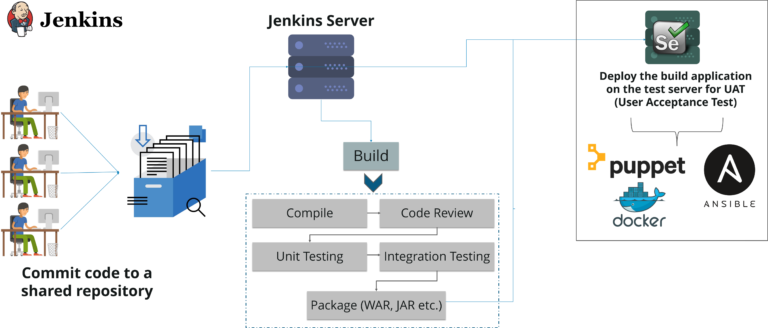
4. Learn how to deploy and configure Dev, Test, and Product environments
To ensure safety when developing, testing or deploying officially. We need to learn how to deploy different environments to serve different purposes. You can use tools like Puppet or Docker to configure and deploy.
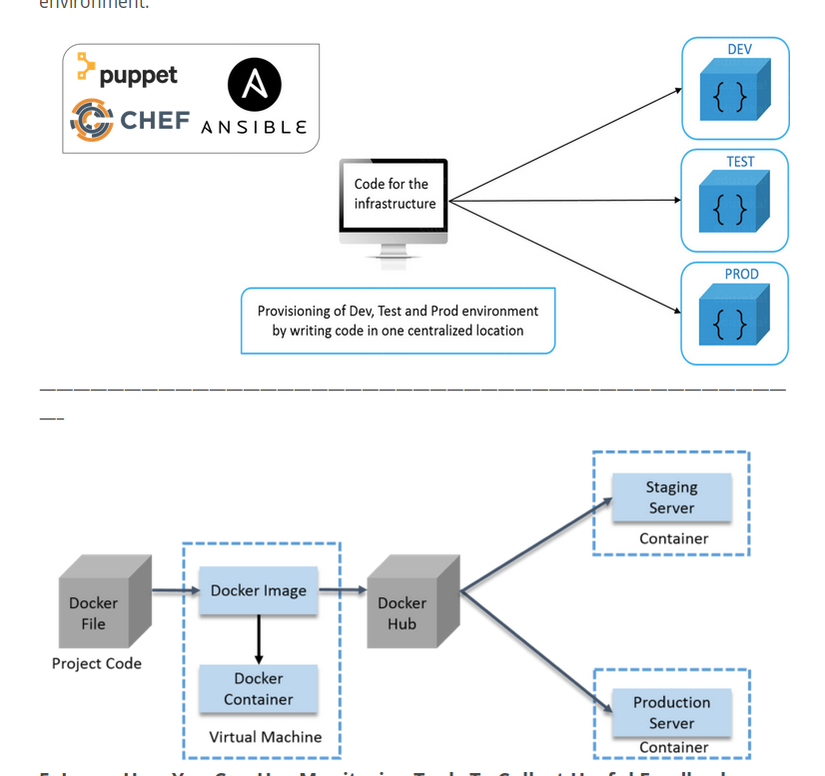
5. Learn the use of monitoring tools to extract useful information
In addition, it is very important for DevOps Engineers to gather feedback and make quick changes, as you should have knowledge of monitoring tools such as Nagios, Splunk, etc.
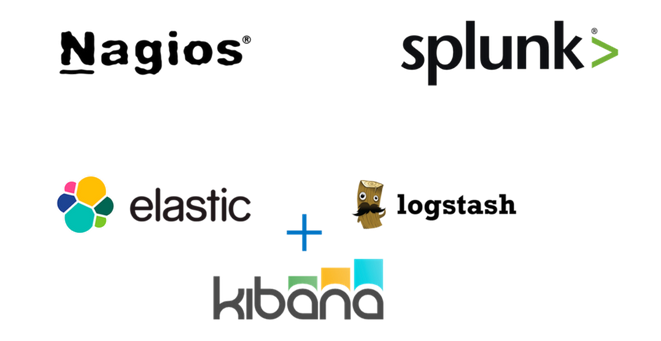
6. Learn about Cloud and Cloud Computer platforms.
In addition to the basic knowledge above, we need to learn and have knowledge about the Cloud. Most organizations currently use cloud platforms, so learning about it is not redundant.
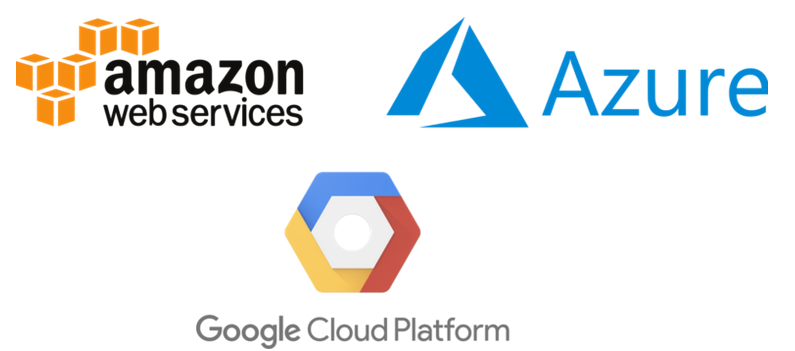
5. Summary
Above are some basic knowledge for you to step into the DevOps path.
See more at: https://www.edureka.co/blog/how-to-become-a-devops-engineer/
Course link: https://www.freetutorialseu.com/devops-with-aws-codepipeline-jenkins-and-aws-codedeploy-udemy-course-free-download/
